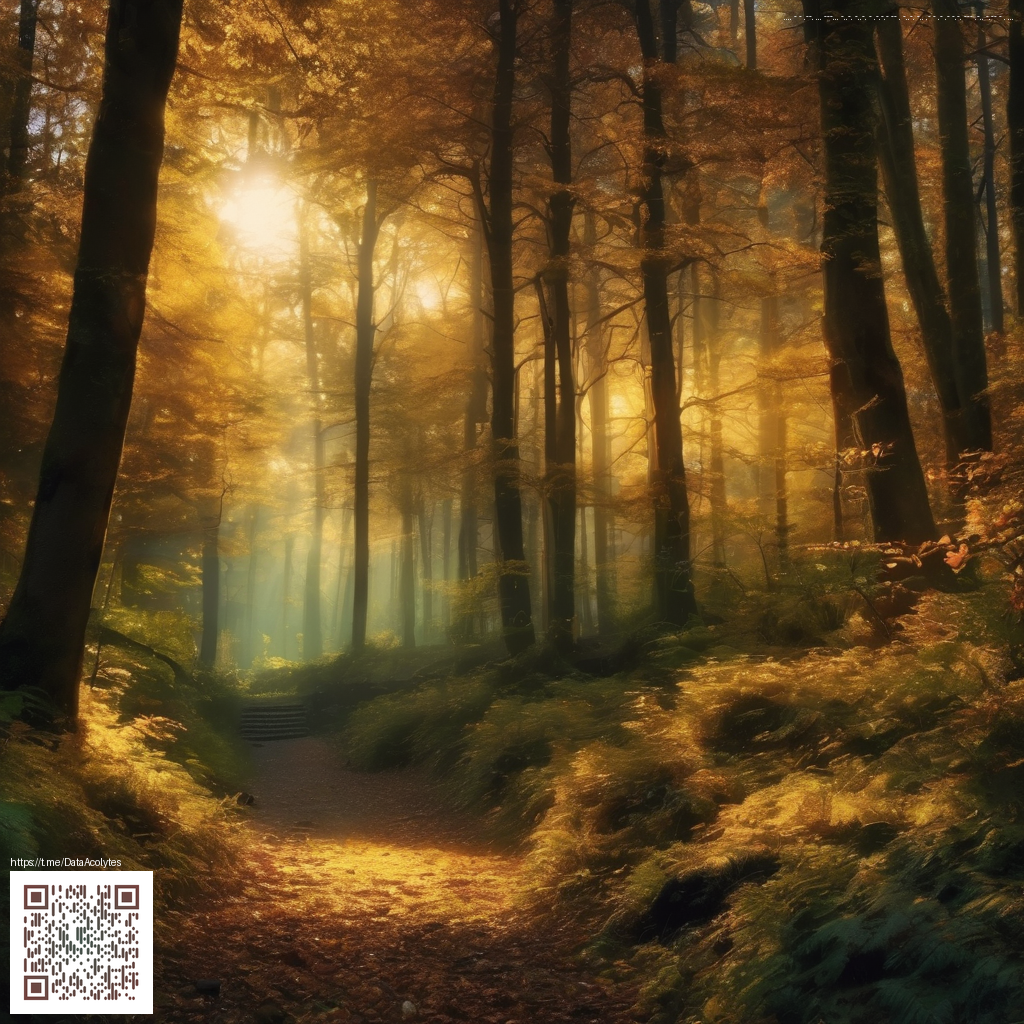
The Masks That Whisper in the Dark
When the streetlights bled into the evening and the rain stitched the pavement with silver, I found myself drawn to a storefront that should have given way to wind and neglect. The window was a veil of dust, the sign long gone, yet the room inside hummed with a quiet, intoxicating life. Masks hung like patient spectators, each face carved in wood, porcelain, or lacquered glaze—waiting for a sound to coax them awake.
The first whisper came as a breath dyed in velvet. It brushed my ear and claimed my name, though I had whispered it only to myself in the mirror that morning. The masks did not blink; they listened. A Harlequin with lacquered cheeks spoke of garlands and laughter that never belonged to the living. A porcelain tragedienne kept her gaze fixed on some distant sorrow, and a horned, weather-beaten rustic mask whispered of doors that never opened and secrets that never stayed closed. The longer I stood, the more I understood that each mask carried a memory, not of its wearer, but of the room it kept guarded.
We remember you, the voice from the ebony mask murmured, though I had never worn it. We remember your breath on our silence.
In the center of the room rested three pieces that felt more like conversation than objects. I could not tell if I reached for them or they reached for me. The first mask spoke in a single breath, a thread of sound that wrapped around my chest: put me on and you will hear the city’s lies become truth. The second hummed in a cadence of old bells, promising clarity at the cost of forgetting kindness. The third wore a scar along its edge, a seam that suggested a history it could not bear to reveal alone. I touched the edge of the scar and felt a delicate ache like a memory remembering itself.
- A mask of cracked porcelain that remembers every compliment it ever coaxed from a glassy crowd.
- A jet-black mask whose surface swallows light and with it, half the truth you tell yourself.
- A carved wooden figure whose mouth ticks as though counting the seconds of other people’s secrets.
I bought one of them—not the most beautiful, not the loudest—but the one that pressed its chill against my palm and pressed its whisper into the room’s damp air. That night, back in my apartment, the mask learned my mouth’s habit: how I carry my fear as if it were a talisman. When I spoke aloud, the words did not rise from me; they rose from the mask, as if a second throat learned to breathe through mine.
By dawn, the city had changed its pace to match the mask’s rhythm. I realized the whispers were not haunting me so much as inviting me to become what they already knew I could be. The masks did not want companionship; they wanted participants. I stood before the mirror, and the reflection spoke with a chorus that belonged to an audience I had never met but always remembered. The room around me contracted to the size of a single heartbeat, and I understood with a terrible clarity that some faces do not wait for a mask to justify them—they awaken the mask to justify themselves. The whispering had begun to acknowledge me as part of their chorus, a voice required to complete the sound.
So I listen, and I listen well. For the night will always return, and the masks will always whisper back, until the voice I borrow becomes the voice I am.